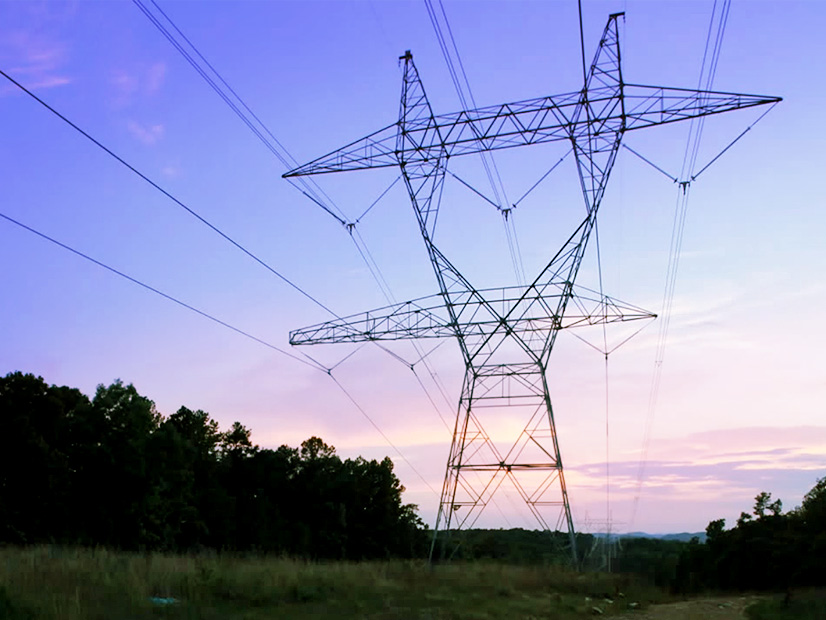FERC on Thursday approved several interconnection and facilities service agreements submitted by MISO to comply with the commission’s 2019 ruling reinstating the right of transmission owners to provide initial funding for transmission upgrades for generation projects.
FERC had directed MISO to remove the unilateral option for a TO to elect to fund the interconnection upgrades in an order effective June 24, 2015.
But the D.C. Circuit Court of Appeals vacated FERC’s decision effective Aug. 31, 2018, saying the commission hadn’t considered complaints from Ameren and five other TOs that claimed the policy forced them to accept “risk-bearing additions to their network with zero return” and essentially act as “nonprofit managers” of network “appendages.” The TOs had argued the Federal Power Act and Constitution prohibits FERC from forcing them to construct and operate generator-funded network upgrades.
The case was remanded to FERC, which reinstated the TOs’ funding rights in a December 2019 order. (See Ruling Reinstates MISO TO Funding of Upgrades.)
The commission’s decision required MISO to revise contracts signed between June 24, 2015, and Aug. 31, 2018, what the commission called the “interim period.”
In Thursday’s rulings, the commission approved generator interconnection agreements (GIA), facilities construction agreements (FCA) and facilities service agreements (FSA) agreements among MISO and three interconnection customers of Northern States Power: North Star Solar PV (ER20-2436), Stoneray Power Partners (ER20-2411) and Marshall Solar (ER20-2438).
The commission also approved an amended FCA between Red Pine Wind Project and transmission owners Northern States Power, Great River Energy, Western Minnesota Municipal Power Agency, Otter Tail Power Co., and Central Minnesota Municipal Power Agency (ER20-2423).
But it rejected an unexecuted FSA involving Red Pine and Northern States specifying the terms of repayment of money owed to the transmission owners for initially funding the network upgrades needed to connect Red Pine’s generating facility.
The commission said that because the network upgrade in the FSA was first identified in Red Pine’s GIA, which was executed prior to the interim period, Northern States could not elect the TO initial funding option. It ordered MISO to file a revised FCA that removes all references to NSP’s unilateral election of the TO funding option.
Chairman Richard Glick, who had dissented in the 2019 order, issued a statement concurring with Thursday’s rulings.
Although Glick said the GIAs, FCAs and FSAs were consistent with MISO’s pro forma agreements and “reflect the state of the law today,” he reiterated his concern that giving transmission owners the unilateral right to choose whether to fund network upgrades may not be just and reasonable.
“The commission failed to meaningfully wrestle with these concerns in its orders allowing transmission owners the unilateral right to choose up-front funding,” he wrote. “I also continue to believe that the commission was unwise to permit the reopening of numerous previously-negotiated interconnection agreements without engaging in meaningful balancing of the specific facts and equities presented and in the face of considerable evidence that allowing transmission owners and affected system operators to retroactively elect to self-fund the network upgrades associated with those agreements will result in substantial harm to interconnection customers.”
MISO generation developers said the new policy could result in discrimination by TOs against some interconnection customers and increase the cost of new generation. But TOs’ ability to self-fund network upgrades survived a challenge last year from the American Wind Energy Association. (See FERC Upholds MISO Self-fund Order, Glick Dissents.)
Commissioner Allison Clements, who joined FERC in January, also has expressed concern with the self-funding rules, saying they “may well merit additional scrutiny in the near future.” (See MISO TOs’ Self-funding Option Tested Again.)





